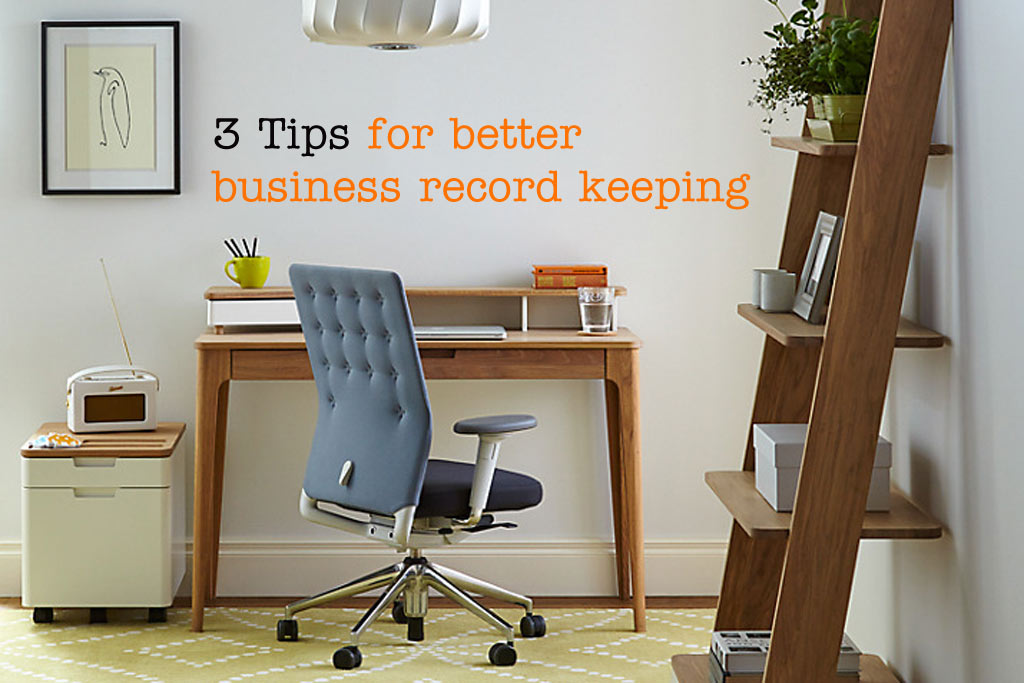How to quote for freelance work
If you have decided to make the leap into the world of freelance, one skill you’ll need to master quite quickly is how to quote for freelance jobs.
Quote too low and you may find yourself resentful at working for peanuts. Too high and you may miss out on some great work. So where is that happy middle ground?
To ensure you impress potential clients and win more work, we’ve put together some tips to help you create accurate quotes for potential freelance clients.
What should your freelance quote include?
When pitching for freelance jobs or contracts, you’ll usually be asked to provide either a fixed quote or estimate of how much it will cost to complete the work.
Sometimes clients will ask for a project price – how much you will charge for all the work. Other times they may ask you for your day or hourly rate, and an idea of how much time you think it will take to complete.
When preparing a quote or estimate for a client, especially a new client, it’s a good idea to list exactly what it covers. Not only does this help them to understand why you’re charging what you quote, but it also ensures that if you’ve missed anything they can point it out.
So how much is a job worth?
When quoting for a job you need to take into account:
- How long you think it will take you to complete.
- What other freelancers are charging for work (the ‘going rate’).
- How much you want the work.
- How good the client is – are they easy and pleasant to work with, and pay on time?
At the end of the day, the right price to charge is what you think it’s worth to you. If it’s a good client, you enjoy the work and you can fit it easily into your day, you may quote more competitively.
However, if you know the client is difficult to work with, a slow payer, the work is uninteresting and you’re already busy with other projects, you’ll probably charge a little more.
If you’re not sure how much to quote for a freelance job or project, or are worried you might be undercharging, take our Pricing Masterclass. In it we explain how to price to win work (and earn what you deserve) and explain why so many freelancers undercharge.
This class has already changed freelancers’ businesses. One freelancer increased her quote by 60% after watching it – and got the job!
Be clear about your terms
When preparing your quote, be clear about any terms they will be agreeing to.
This includes how many days your invoice must be paid in (and any penalties if they fail to meet the deadline), whether you ask for a deposit upfront, what extra work will need to be charged for and how, and what, if any copyright or restrictions apply to your freelance work.
We recommend reading these 10 cashflow tips to help you avoid expensive mistakes when agreeing a quote.
Keep track of your freelance time
It’s good practice to review your quote once a job is finished to see just how long it took and whether you were accurate in your estimation. This can help you to quote more competitively and accurately in future.
To keep track of how long it takes you to work on particular types of projects, or for certain clients, it’s a good idea to keep a strict check on your time.
Either manually keep a record, or try a time tracking application like OfficeTime, Cube, Paymo or Clockodo. Then, when a similar job comes in, or a new project from the same client, you’ll have a better idea of how long it may take you, so you can create a more accurate quote.
Need more freelance advice?
From finding work to handling difficult clients, you’ll find plenty of great freelance advice in these articles:
- The pros and cons of being a freelancer.
- Have you got the right personality to be a freelancer?
- Where to find freelance work.
- How to work out what to charge for freelance work.
- How to invoice for freelance work.
- How to spot a difficult freelance client.
- How to handle a difficult freelance client.
- Creating your own freelance identity.
- 10 quick marketing tips for freelancers.
- Six common reasons for not going freelance.
Photo by Nathan Dumlao










